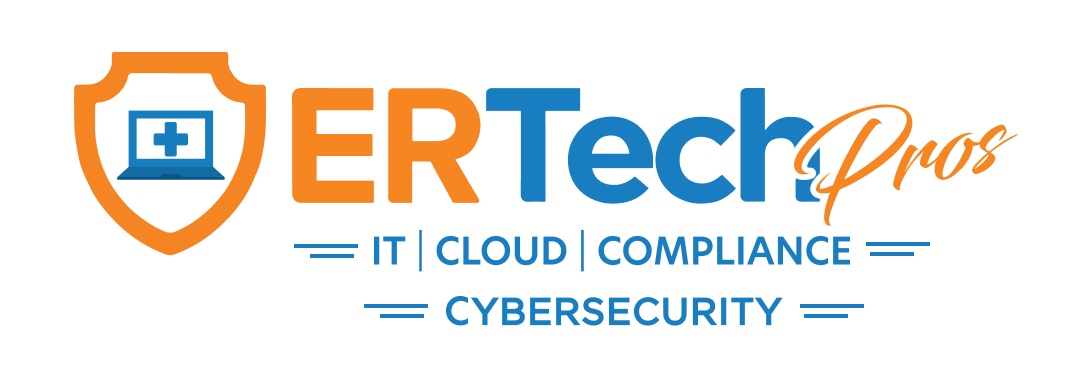How the Right Cloud Phone System Can Transform Your Business
In an age of social media messaging, website chatbots, and SMS automation, voice is still king.
However, while phone calls remain a cornerstone of business operations, the technology supporting telephony is evolving at record-breaking speed. As a result, we see an ever-increasing demand for modern phone systems to do more, function faster, and be cheaper.
Unfortunately, the traditional business phone tethered to your desk just doesn’t cut it anymore. If you’re looking for the best way to facilitate real-time interactions and foster meaningful connections with vendors, customers, and colleagues, switching to
cloud phones is the necessary next step.
What Is a Cloud Phone System?

A cloud phone system, also known as a hosted private branch exchange (PBX), is a communication solution that leverages the power of the internet to deliver voice and other telephony services.
Unlike traditional phone systems that rely on on-premises hardware and physical phone lines, a cloud phone system operates entirely in the cloud, with calls transmitted over the internet.
In practical terms, a
cloud-based phone system lets you make and take phone calls from your computer or mobile device. You don’t need a landline; you only need internet access.
Switching from a traditional PBX to a cloud PBX eliminates the need to invest in costly hardware installations or maintain complex infrastructure on-site. Your team can access advanced communication features and functionalities through a web-based interface or mobile app, which makes it easier to manage and scale your phone systems as you grow.
Cloud Phones vs. Traditional Phones: What's the Difference?

Infrastructure isn’t the only way cloud phones are different from traditional phones. As businesses navigate the decision between time-tested tradition and transformative innovation, understanding the fundamental differences between these two phone systems is essential in charting a course toward enhanced efficiency, flexibility, and productivity.
| Traditional Phone System | Cloud Phone System | |
|---|---|---|
| Infrastructure | Relies on physical infrastructure such as copper wires and hardware PBX systems installed on-site. | Operates over the internet, leveraging virtual PBX systems hosted by third-party providers. |
| Cost | Often involves significant upfront costs for hardware installation, maintenance, and upgrades. | Typically has lower upfront costs as it requires minimal hardware. Operates on a subscription-based model, offering predictable monthly expenses. |
| Scalability | Requires additional hardware and infrastructure for scaling and expansion. | Allows businesses to add or remove phone lines and features without needing to install new hardware. |
| Flexibility | Tethered to physical locations, limiting mobility and remote access. | Enables users to make and receive calls from anywhere with an internet connection. |
| Features | Offers features such as call forwarding, voicemail, and conferencing, with several customization options. | Provides a broader range of advanced features like auto-attendants, virtual extensions, call routing, voicemail-to-email, and integration with other business applications. |
| Security | Implements basic security measures but lacks advanced encryption protocols. Stores voicemail and call logs on-site, leaving them vulnerable to theft, loss, or damage. | Implement robust security measures, including encryption of voice data during transmission and storage, firewalls, intrusion detection systems, and regular security audits. Stores data in secure data centers with redundant backups and disaster recovery mechanisms. |
| Compliance | May struggle to meet compliance requirements for data protection regulations such as the General Data Protection Regulation (GDPR) or the Health Insurance Portability and Accountability Act (HIPAA) | Often offers built-in compliance features and certifications. Data handling practices typically adhere to industry standards and regulatory requirements. |
Read More: A HIPAA-Compliant Phone System: What It is and Why It’s Important
Four Reasons Why You Should Switch to a Cloud-Based Phone System

According to a Future Market Insights report, the cloud telephony services market is expected to expand at a compound annual growth rate of 9.7%. It’s also projected to hold a revenue of $57.6 billion by 2033. The business world is steadily shifting to cloud communications, and here are a few reasons why you should, too:
Major Mobility
Enhanced flexibility and mobility are among the top reasons businesses worldwide switch to more advanced telephony services like cloud phone systems, cloud-based VOIP services, and unified communications.
With remote work, flexible schedules, and on-the-go productivity becoming the norm, traditional desk-bound phone systems simply can't keep up. On the other hand, cloud-based phone systems offer unparalleled flexibility by allowing your workforce to make and receive calls from anywhere as long as they have an internet connection.
Whether working from home, traveling for business, or collaborating with team members across different locations, you can stay seamlessly connected to your work, teams, and customers without being bound to a physical office or desk phone.
By offering flexibility and mobility that aligns with the preferences of a modern workforce, cloud phone systems can boost employee productivity, enhance job satisfaction, break down geographical barriers, and help you navigate global expansion initiatives more effectively.
Massive Savings
Because it eliminates the need for physical infrastructure, cloud phones require minimal hardware investment and have lower upfront costs than traditional phone systems. They also don’t come with the typical expenses of purchasing, maintaining, and upgrading physical hardware.
Cloud telephony also lowers operational costs. Because it employs a subscription-based model, a cloud phone system allows businesses to pay for only the services and features they need without being locked into long-term contracts.
If you invest in more advanced cloud phone systems, your team gets more than just a phone system—you get multiple communication tools and services in a single platform.
ER Tech Pros, for example, offers a unified communications solution that provides telephony, instant messaging, group messaging, SMS, teleconferencing, and software integration features, all conveniently bundled together in one robust and highly secure platform. And the best part? Their clients spend 30 to 40% less on monthly bills than when they used legacy phone systems.
Seamless Scalability
As your business expands, so do your communication needs. Unfortunately, traditional phone systems often struggle to keep up with the pace, leading to bottlenecks and inefficiencies.
One advantage of the cloud phone system over its more conventional counterpart is its ability to grow with your business efficiently. Because they don’t require hardware upgrades or installations to accommodate growth, cloud-based phone systems allow you to easily add, remove, or upgrade phone lines as needed. You don’t have to pay for 100 lines if you only have a team of 50; just get the number of lines you need and simply scale up as your business grows.
Whether adding new employees, opening additional locations, or launching innovative ventures, a cloud phone system allows you to scale your communication infrastructure to accommodate evolving demands easily.
Advanced Security
Scam texts and robocalls are the Federal Communications Commission’s top consumer complaints, which is why every business phone system must have enhanced security features.
While legacy phone systems have basic security measures, they often lack advanced safeguards to defend against sophisticated cyber threats. Cloud-based phone systems, however, typically have built-in encryption protocols, firewalls, and multi-factor authentication to protect your business’s sensitive communication data from unauthorized access and cyber threats.
Additionally, cloud phones often have centralized management and monitoring capabilities, which allow businesses to track and control access to their communication resources more effectively. Established cloud phone system providers such as ER Tech Pros also take a more proactive approach to phone system security. They implement regular security patches and automatically deploy these to address possible emerging threats and vulnerabilities.
By embracing cloud telephony, particularly unified communications, your business gets full access to robust security features such as user authentication, access controls, and audit trails, allowing you to enforce security policies and compliance requirements with greater ease.
Transform Your Business Communications with ER Tech Pros

Embracing cloud-hosted telecommunications is more than just a fancy upgrade—it’s a strategic investment in your organization’s future.
Whether you're a small startup looking to expand operations or a large enterprise optimizing your communication infrastructure, a well-trusted cloud phone system offers the flexibility, cost-efficiency, scalability, and security that empower you to thrive in today's competitive market.
Say goodbye to the constraints of outdated phone systems and hello to a world of limitless possibilities! Take the leap with ER Tech Pros and revolutionize your business today.
Search Articles












